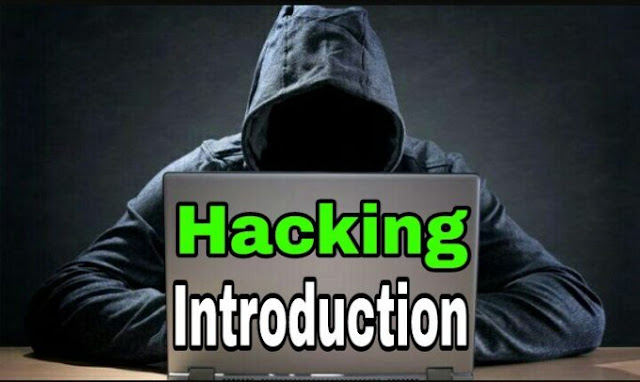The number of security incidents in India have also been increasing gradually year-on-year. According to data from CERT-In, there were 50,362 cyber security incidents in 2016. In comparison, there were 27,482 incidents in 2017 until June 2017. We have seen several cyber security incidents in 2017 like the Mirai botnet Malware, Petya, data breaches and WannaCry.
Goverment Agencies
They form the widest reservoir of PII data, given the information they hold on its citizens. These include license records, healthcare information, tax records etc. The data these agencies hold also become a multiple access point to other PII for cyber criminals. Unfortunately, this is also the group that has the least funding for cyber security measures. This makes it a prime and easy target. The worrying aspect is often the intentions behind the cyber attacks on government bodies, given the threat they pose to the safety of a nation.
Hotels And Hospitality
The hotel industry has always been a veritable gold mine of data for hackers who want to sell information on the black market, or get hold of some high value credit card information fast. This is because hotels handle a huge amount of transactional data every single day, and guests often expect a high reserve transaction, or lots of small ones to appear on their statements when they stay in hotels. Hotels also tend to use third party software to handle their reservations and bookings, which means hackers don’t even have to target the hotel itself – they just need to infiltrate the third-party software instead.
Financial Services
This one really is unsurprising, if we’re honest. Financial services businesses of any kind, even small asset finance outfits, will handle some of the most valuable data out there, along with a hefty bank balance to handle financial transactions. what needs to be kept in mind is that cyber attacks on financial services firms will get more sophisticated as more and more data is now being moved to the cloud. Security vulnerabilities in the financial sector have increased more than 400 percent from 2013, according to cyber security and risk mitigation expert NCC Group.However while they might not realise it, their bank balance isn’t usually what the hackers are after – it’s their customer data. That data includes names, banks, account information and much, much more. All of this information will fetch a small fortune, when sold on the information black market, as well as give them access to some of the most valuable assets out there, so criminals make a habit of targeting financial institutions.
Small Businesses
Even small businesses can handle decent amounts of money, or valuable data, and some of them don’t even know it. The problem however is that small businesses rarely think they can afford the resources and protections they need to keep the business safe. One-man bands are particularly prone to this; thinking that keeping their data on one machine in their home will be enough to protect it – or worse not thinking about it at all.Credit card fraud has now become easier, as information has become accessible and users are often not educated on the basics of privacy and security online. E-commerce has opened a new and not so cryptic access to hackers looking to exploit both the ignorance of common shoppers and the un-advanced security measure taken by vendors online
HealthCare
Healthcare businesses of any size are an attractive target to cyber criminals, but not usually for financial gain. Instead, the root cause of attacks on healthcare institutions usually lies in the wealth of patient data they hold. Cyber criminals aren’t always looking for money after all, sometimes they may wish to steal someone’s identity instead
Manufacturing
Manufacturing is an interesting one, as it doesn’t tend to hold huge amounts of financial or personal data. Instead, the reason for targeting these is often to disrupt the manufacturing process and cause harm to a brand or business that way. It isn’t always the manufacturing firm that’s the end target either – but if that firm has a big contract for the target, cutting off their product supply by interfering with the manufacturing firm is a good way to ensure problems. This could be through DDOS attacks, halting manufacturing or simply deleting data sets to prevent products being created.
Transportation
The digitalization of the transportation industry has opened a gateway to hackers looking to extract PII data from the millions of consumers that access their services. The sheer volume of cross-industry data that is also accurate and time-relevant makes it an easy target for cyber crime, as this data is often passed along different platforms with not necessarily consistent levels of cyber security. These loop holes often form an access way for hackers.













